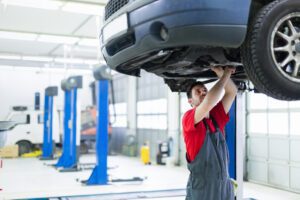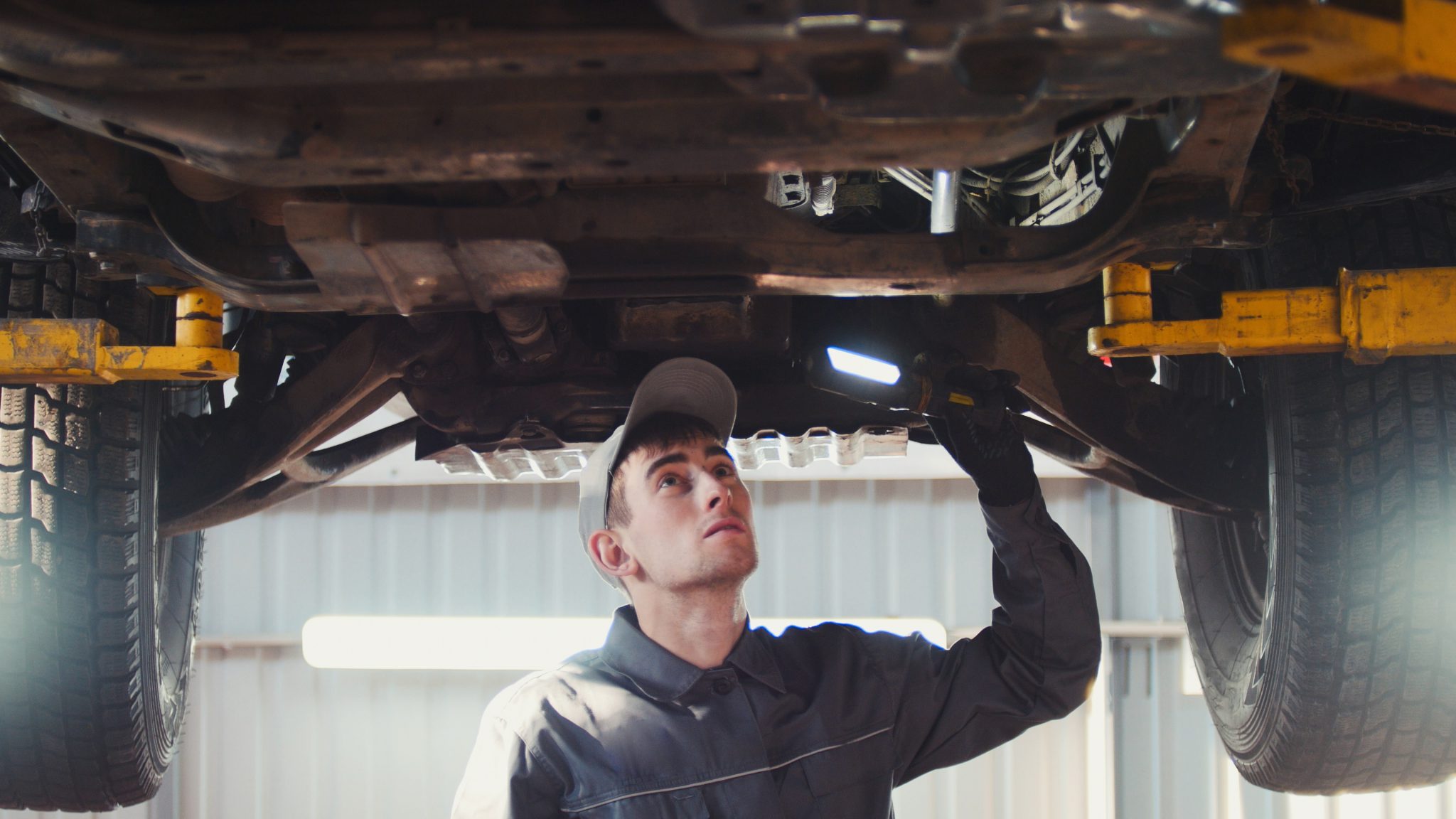Dealerships pay a lot of attention to sales, service and parts, but where does the detail department fit in? Does it belong to sales? Does it belong to service? This is a common debate at most dealerships. Everybody recognizes that the vehicles need to get washed and detailed, but nobody really wants to take responsibility for doing it right.
Ironically, many managers in a dealership think they know how to run a detail bay, because that is where they got their start in the business. Unfortunately, working in a dysfunctional detail department (yes, most are dysfunctional…) does not qualify one to manage the department.
So, how do you turn your detail department from a big expense into an actual money maker? Easy… you take it seriously, and manage it like it is a standalone business with its own standards and profit expectations.
Here are some suggestions:
Start at the Top
The first step to a profitable detail bay is to decide who is in charge. Rather than giving the responsibility to an already busy sales manager or service manager, I would suggest hiring a dedicated detail manager.
No matter where the department falls on the dealership balance sheets, the department needs to be able to turn a profit on its own.
The right manager will be good at managing people, meeting objectives, and focusing on profitability. This manager does not necessarily need to know how to detail a vehicle, you can hire a department foreman to supervise the actual detailing process.
Hire the Right Individuals
There is a lot of debate about whether to hire detailers with experience or to train fresh hires in the ways of your department. I don’t know there is a right answer here.
I will say that detailing, especially paint reconditioning, requires a certain degree of talent, so I wouldn’t ever say that you could train a monkey to do the job. However, you should be hiring individuals who are teachable and willing to make changes in their work to fit within your department’s protocols and objectives.
Invest in the Right Facilities
A profitable detail department needs dedicated space for detailing. This usually means one space for washing vehicles and a separate space for detailing. Ideally, they will be close together to reduce unnecessary movement of vehicles (and unnecessary damage).
A proper detail bay requires enough space to freely move carts around the vehicle without banging into things. It also requires good lighting. It is extremely difficult to effectively recondition paint in the dark. There should be lighting on the ceiling and the walls to eliminate as many shadows as possible.

A good detail bay also needs the right equipment. Centralized vacuum and centralized pressure washers are vast improvements over portable shop vacuums and portable pressure washers that can damage vehicles and aren’t built for regular, daily use.
Manage Expenses
Another major cash drain for most detail departments is mismanagement of chemicals. Too often, detailers are left to their own devices to mix chemicals. This can result in a lot of wasted time and wasted chemical. It is imperative to use a uniform chemical supplier with strict protocols for mixing chemicals.
There are also systems available that take care of the mixing and dispensing of chemicals for you. Although a major expense up front, these systems have been proven to dramatically increase productivity and decrease expenses.
Create More Revenue Streams
The detail department exists primarily to recondition used vehicles. This should be the first focus for profitability. There is no reason a dealership detail department shouldn’t be able to reach profitability by focusing solely on vehicle reconditioning, especially in a large dealership with a lot of reconditioning work.
However, the possibilities go far beyond in-house reconditioning work. Once your dealership detail department is running efficiently, there may be other dealerships in your dealer group, or near your location that would want to farm out their reconditioning work to your dealership. If you can do it better and cheaper, it would be very appealing for a dealership with an inefficient detail bay to farm out.
Another opportunity would be to offer detail services to the general public. It might seem counterintuitive to rejuvenate used vehicles rather than take them in on trade, but a good detail job can garner almost as many compliments as a new car and will drive additional traffic to your door. Think about the detail bay as yet another way to reach out to potential customers who would not otherwise set foot in your dealership.








